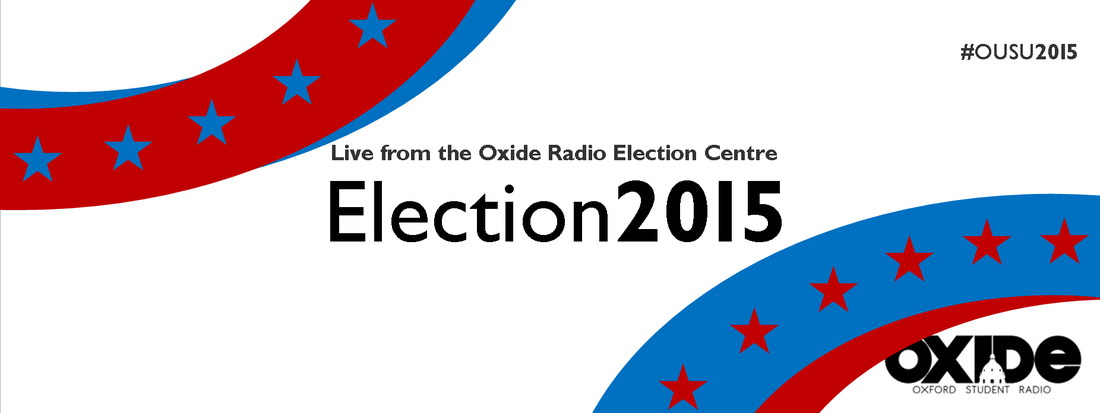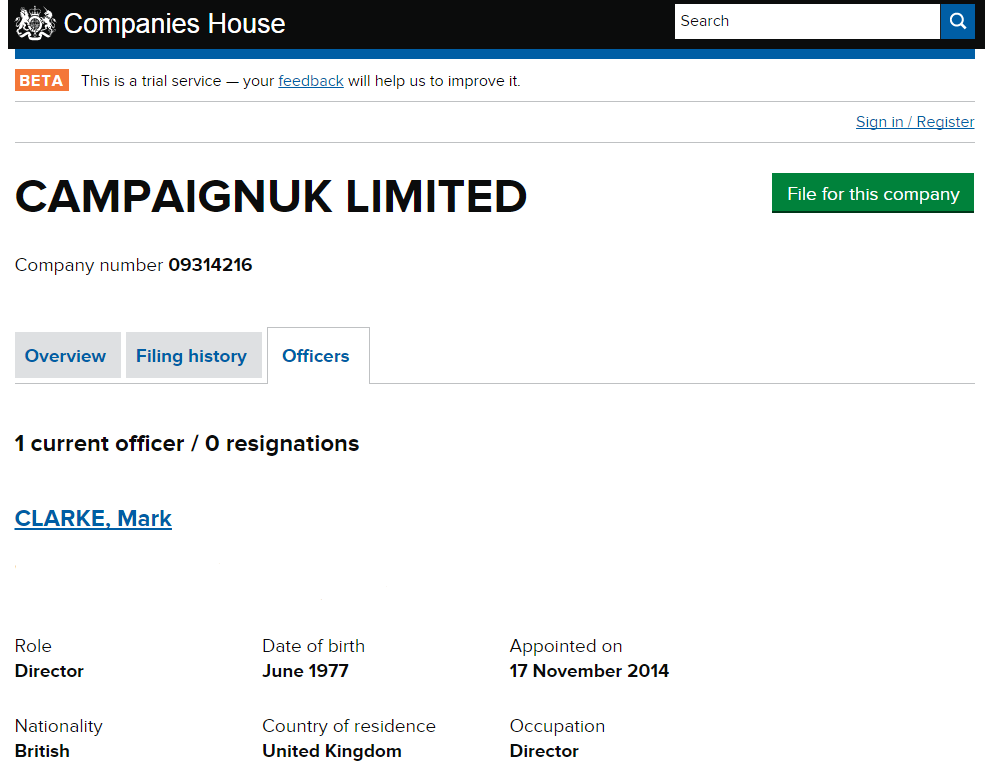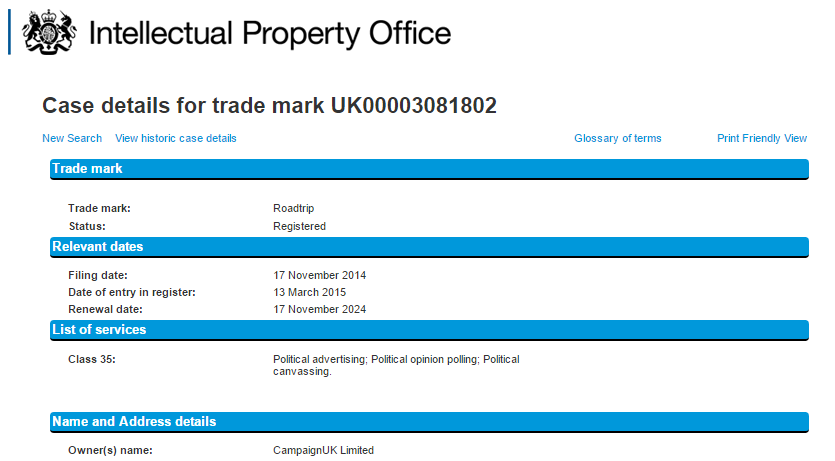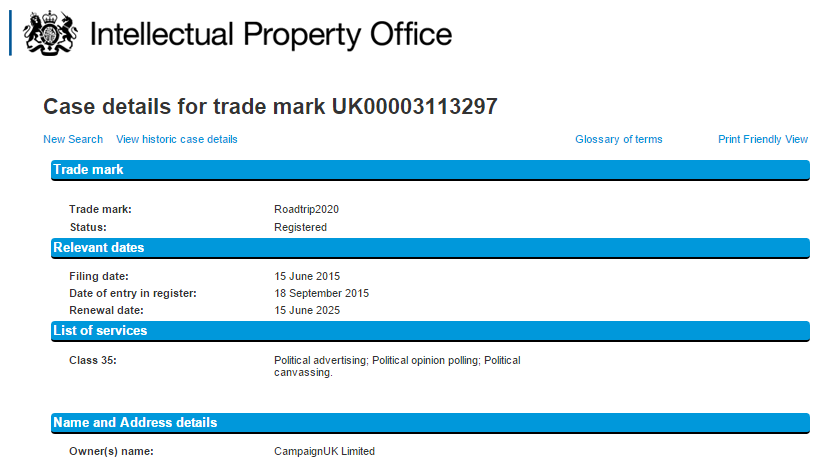Introduction
Good evening ladies and gentlemen, and congratulations to the students of 2017.
Tradition dictates that at this moment someone of note stands here and delivers an uplifting and aspirational speech, propelling these young men and women to great things.
However, unlike what is usually expected at this point, I am not a person of note.
I have not toiled every morning with training and exercise, propelling me to gold at the Olympic Games
I have not shown the courage and determination of those who have overcome serious illnesses
And I have not got a rags to riches story that took me from Wolverhampton to leading a tech startup worth millions.
I am just a scientist from South Staffordshire, whose phone number Mr Johnson still has – and so I find myself back at Codsall High, 10 years after I was here, collecting my A-Level certificates.
Realism
This is the part where I’m meant to motivate you all with inspiring anecdotes from my life. But before we get to that, we must first lay a foundation of brutal realism – he says, as the Senior Leadership Team turn in their seats fearful of the direction their chosen speaker has taken!
A sense of realism is import in promoting achievement – whether that target is your task at work for the day, or your life-long dream. Inspirational Quotes alone will get you nowhere – it’s never the successful people who are endless sharing them on facebook!
So here it comes: Life. Isn’t. Fair. The best person for the job doesn’t always get picked. Good people have bad things happen to them. We still live in a society where prejudice and discrimination exist
.
Some would take what I have said to be an excuse to give up. That if the cards are stacked against you, there’s no point playing the game. On the contrary, the lesson is that you have to learn to battle on, keep trying, and succeed. To be the kind of person I mentioned at the start of my remarks, a survivor, an Olympic champions, or a tech millionaire, you have to be able to put failure and loss behind you, and keep going. So my message to all of you, whatever your future plans, is accept the unfairness early, and battle on and keep trying. And while human nature may mean our world is never perfect – we, and yes, that means you too, can strive to chip away at it and make it a little better.
Surround yourself with great people, and seize every opportunity.
However, brutal realism isn’t going to get you anywhere on its own. Being surrounded by amazing and supportive people makes a real difference. I was lucky to go to some excellent schools with teachers who pushed and encouraged me. Now the students in the room may not remember the teachers I am about to mention (maybe the parents will!), but they really are the unsung heroes of our communities, and so are worthy of our time this evening.
My first school was St. Chad’s in Pattingham – then led by a fierce, but fair head teacher – Mavis Fox. Jane Nicklin too, who some here may have known when she took over from Mrs Fox, was key to encouraging me to pursue my love of maths and science at a very early age. I still remember clearly the day, in Year 2, when she decided to push me ahead in maths, and ensure I was always challenged.
At Bilbrook Middle I was further encouraged by great teachers like Miss Scott and Mr Woolridge, Mrs Noble who improved my reading and writing by bribing me to read Harry Potter for a treasure trove of house points, Mrs Londsale who fostered by love of the biological sciences, and Mrs Barlow who taught us not only French but a sense of justice and fairness. They were all ably led by the superb Welshman, Mr Hughes (I can see a theme here Mr Harding!).
Then at our fine school here, it was names like Mrs Lloyd in Geography, Dr Green in Physics, Miss Jones in Maths, Mrs Brakenridge in Chemistry, Mr Galley in Music, and, and I’m glad to say she’s still here teaching, Miss Martin – who managed to push me over the line with my English GCSE – a grade without which I wouldn’t have gone on to study at Oxford. We should also remember that great head at the top – Ted Liddy, a man who promoted not only academic, but also sporting and vocational excellence.
It may seem over the top to list these influential people – but it is right that at a time when we are celebrating achievement, we recognise that we don’t get there by ourselves. The educational excellence highlighted here tonight is the product of both your hard work, and a constant drip feed of support from those around you. In recognition of those who have propelled us to where we are now, not only at this school, but at all those we attended beforehand, and indeed the families who are with us tonight, please join me in a round of applause as a show of thanks:
As you go forth into the next stages of your life, be sure to surround yourself by those who challenge and push you forward, and join institutions and companies who employ and invest is those kinds of people.
As well as ensuring you have a supportive environment around you – there’s one other piece of advice I’d like to recommend to you – grabbing every opportunity that comes your way. If we accept my first point, that life isn’t fair, and that sometimes you won’t get what you actually deserve – then it is only through repeatedly seizing upon all and every opportunity that you will reach your goals. Plus you can never know where those opportunities will take you:
Journey Through Oxford
When I was a student here, it was suggested to me that I consider applying to Oxford – something that was, at the time, an unusual move for a student at Codsall High. So I gave it a go, and following my interview, was admitted to study Earth Sciences at St. Peter’s College. You may have heard a lot about Oxford admissions recently in the news – but here’s the fact that you won’t be told: many more of our state school students would get into Oxford, if only they applied. We need more students from schools like ours to give the opportunity of an application to Oxford a go – it can really change your life.
At the end of my first year at Oxford, an email was sent around the department by a postgraduate student, asking people to apply to become his field assistant for a 6 weeks expenses paid expedition to Newfoundland, Canada. Many of my fellow first years didn’t apply – thinking it would definitely go to one of the more experienced students in the years above. But I gave it a go. At interview it transpired that the trip leader grew up down the road from here in Seisdon, and was an avid Wolves supporter. But more importantly, while at this school I had done two pieces of geography coursework on the Long Mynd near Church Stretton in Shropshire – an area of geology of equivalent age to the rocks of Newfoundland, and so of interest to my interviewer. And two months later, I was standing with him on the coast of Eastern Newfoundland, studying some of the most amazing fossils known to science. You’ve got to be in it, to win it – seize every opportunity.
Later in that field trip, having been joined by Professor Martin Brasier (a man who became my mentor and to whom I owe so much), we were exploring the coastline of the Bonavista Peninsula – site of John Cabot’s first discovery of North America by a European in 1497. We came upon a fossil unlike all the others in the area. Following years of study, we finally published and named that fossil, Haootia quadriformis, in 2014, describing its delicate structures that represent the oldest evidence of muscular tissues ever found. However our scientific peers have now gone further than our original reserved report, and Haootia is now regarded as the oldest known conclusive animal fossil in geological record.
I think it is fair to say, that without Jane Nicklin pushing me in Year 2, I wouldn’t have been in a position for the teachers at this school to propel me to our countries greatest University. Without having given an application to Oxford a go, I wouldn’t have been in a position to apply to go to Newfoundland. Without going to Newfoundland, I wouldn’t have been part of the team that found the oldest fossilised animal, and without that, I likely wouldn’t have be admitted for and then awarded a Doctorate in Earth Sciences from Oxford last year. Without a doctorate, I would have not been able to take the opportunity to design and start my current research project – where I get to travel the world, combining my love of science and politics, to inform policy on how we manage, promote, and protect, our most important global fossil sites – so that local economies can develop thriving geotourism industries, while ensuring our natural history is properly conserved.
The next few years will define the direction of the rest of your life. Don’t be a passive traveler in the journey of life, simply going where the wind is blowing at that particular time. Instead, pick your own destination, track your own path, and yes, accept that sometimes storms will come your way that blow you off course. But soldier on, and with the right people around you, and the determination to seize every opportunity, however slim the chance of success, you’ll surely reach your goals, in whatever field that may be.
Congratulations once again to all those here this evening, and thank you for having me back in our great school, this evening.






 RSS Feed
RSS Feed
